In early February, John Schwarz, a self-described “mindfulness and meditation facilitator” (which sounds like someone who would tell you to breathe deeply while stuck in traffic), proposed a 24-hour nationwide “economic blackout” of major chains on the last day of the month.
Think of it as a spa day for your wallet—no Amazon, no Walmart, no fast-food runs unless they’re from that tiny taco truck with the questionable Yelp reviews.
Schwarz urged people to forgo spending at big corporations and instead channel their cash toward small businesses or essential needs. “The system has been designed to exploit us,” said Schwarz, who goes by “TheOneCalledJai” online—a name that makes him sound more like a Jedi knight than an economic revolutionary.
In his video message to roughly 250,000 followers on Instagram and TikTok, he declared, “On February 28, we are going to remind them who really holds the power. For one day, we turn it off.” Presumably, he meant our wallets, though I imagine some folks took this literally and unplugged their Wi-Fi routers too.
Now here’s where things get funny: Schwarz, 57, isn’t exactly your typical protest leader. Until recently, his social media presence consisted mostly of him sitting in parking lots delivering inspirational messages like, “You can achieve anything if you just believe… but also maybe check behind you before backing out of your parking space.”
He had zero experience in organizing anything beyond his grocery list, so when he launched his boycott idea, he didn’t expect much. Probably figured those followers were already broke anyway after buying all his mindfulness merch.
But then something unexpected happened: his call to action went viral faster than free samples at Costco. His video was shared over 700,000 times on Instagram and viewed 8.5 million times.
Celebrities like Stephen King jumped on board, presumably because scaring people about corporate greed is right up there with writing horror novels. Bette Midler encouraged participation, which must have felt like getting advice from your quirky aunt who insists she saw Bigfoot once.
Even Mark Ruffalo chimed in, probably thinking, Hey, if Hulk can smash stuff, why not capitalism? Reporters started covering the story, turning what began as a guy yelling into the void into a full-blown movement.
Of course, let’s not kid ourselves—the “economic blackout” effort is about as organized as a middle school dance. Experts on consumer boycotts and corporate strategy aren’t exactly quaking in their loafers.
Effective boycotts usually involve clear goals, specific demands, and laser focus—like asking one company to stop using plastic straws. This one? It’s aiming to take down the entire U.S. economy in a single day, which feels less like activism and more like trying to defeat Thanos without the Infinity Gauntlet.
Still, its appeal lies in tapping into that universal feeling of frustration with modern life. As Lawrence Glickman, a historian at Cornell University, put it, “There’s the sense that a lot of people want to do something.” Doing something in America often means whipping out your credit card—or refusing to, in this case.
Glickman added, “This is a way of engaging in collective action outside the electoral arena.” Translation: Voting booths are great, but nothing says rebellion quite like skipping Starbucks for a day.
So will this boycott actually work? Probably not. But hey, at least everyone gets a guilt-free excuse to skip Taco Bell for 24 hours—and maybe discover that hole-in-the-wall diner serving tacos so good, they’ll make you forget all about corporate overlords.
Or, you know, just eat cereal for dinner. Either way, it’s a win-win.
The People’s Union
People online are hopping on the boycott bandwagon for reasons as varied as the toppings at a frozen yogurt shop. Some are grumbling about high prices and the rising cost of living—because apparently, surviving now requires a second mortgage just to afford avocados.
Others are fuming over the unchecked power of massive corporations and billionaires like Elon Musk, who probably has enough money to buy Mars but still insists on selling us flamethrowers (seriously, what’s next? Interplanetary parking fees?).
Then there are those pushing back against the Trump administration’s attempts to gut federal programs faster than you can say “autocracy bingo.” And let’s not forget the folks boycotting companies rolling back their DEI policies—because nothing screams “progress” like pretending diversity doesn’t exist.
Meanwhile, Schwarz found himself scrambling to wrangle this chaotic wave of enthusiasm into some semblance of organization. He quickly slapped together a group called The People’s Union, which sounds like either a grassroots movement or an indie rock band that plays dive bars.
On its shiny new website—which is frequently down, presumably because even websites need mental health days—it describes itself as “a movement created by the people, for the people to take action against corporate control, political corruption, and the economic system.”
Bold words! But also vague enough that they could mean anything from overthrowing capitalism to starting a community garden.
To fund his budding revolution, Schwarz set up a GoFundMe page and raised around $70,000 in donations. That’s not exactly Jeff Bezos money, but hey, it’s enough to cover a few protest signs and maybe rent a bullhorn or two.
He’s also called for more targeted boycotts in the coming weeks, including taking aim at Amazon and Walmart—the retail equivalent of trying to fight Godzilla with a slingshot.
Despite the left-leaning vibes of much of the online chatter, Schwarz himself seems to have all the ideological consistency of a Magic 8-Ball.
He doesn’t belong to either major political party but somehow manages to support Bernie Sanders while simultaneously advocating for ending federal income tax, instituting term limits in Congress, implementing universal healthcare, and capping prices.
It’s like he took a handful of policy ideas from different ideologies, threw them in a blender, and hit “puree.” If nothing else, he’s giving us all a crash course in cognitive dissonance.
“The boycott has spread so well because people have just had enough,” Schwarz told. “They’re fed up, they’re tired.” To which most Americans probably replied, “No kidding!” Between student loans, skyrocketing housing costs, and CEOs making more in an hour than we’ll see in a lifetime, who isn’t ready to throw their hands up and scream into the void?
The real question is whether skipping Amazon for a day will fix any of these problems—or if we’ll just end up ordering twice as much stuff the next day out of spite. Either way, at least we’ll feel morally superior while eating instant ramen.
Target Under Fire: The Retailer That Went from Woke to ‘Whoa’
Schwarz’s call for an economic boycott has collided with another, more organized effort to punish retailers that are retreating on their DEI initiatives—especially Target. It turns out, if you mess with diversity programs, people will target you.
Dozens of Fortune 500 companies have been backpedaling faster than a dad trying to explain why he ate the last slice of pizza. Why?
Because they’re facing pressure from activists, right-wing legal groups, and even threats from the Trump administration, which has promised to investigate what it calls “illegal DEI.” Yes, apparently advocating for inclusion might now come with criminal charges—because nothing says “justice” like prosecuting someone for wanting workplaces to reflect actual society.
Of all the companies feeling the heat, Target is getting roasted extra crispy. And honestly, it makes sense: when you spend years building a reputation as the wokest store in the mall, people notice when you suddenly U-turn into “we’re just here to sell cheap throw pillows.”
Unlike Walmart or Tractor Supply—whose idea of progressive values probably involves putting up a sign that says “No Yelling at Cows”—Target went all-in on DEI after George Floyd was murdered by police in its hometown of Minneapolis in 2020.
They championed racial justice, celebrated Pride Month like it was a national holiday, and basically became the poster child for corporate allyship.
But then came the Trump presidency, and Target started walking back its commitments faster than you can say “rainbow-colored water bottles.” Days into his term, Target announced it was ditching hiring goals for minority employees, dissolving its executive committee on racial justice, and making other changes to its diversity initiatives.
In a statement, Target tried to reassure everyone that it still cared about “creating a sense of belonging,” while also hinting that it needed to stay “in step with the evolving external landscape.” Translation: We’re not abandoning our principles—we’re just temporarily hiding them under the cash register.
Unsurprisingly, this didn’t sit well with Target’s customer base, which skews younger, more progressive, and way too online to let something like this slide without dragging the company through Twitter threads longer than War and Peace.
The backlash has been so intense that one might wonder if Target regrets ever putting those Pride-themed T-shirts on the shelves—or if they’re just waiting for the next administration to greenlight sequined tote bags that read “Equity For All.”
Meanwhile, Schwarz’s broader boycott movement seems tailor-made for folks upset with Target’s pivot. After all, what better way to show your disapproval than refusing to buy anything from a place that once sold rainbow socks but now won’t commit to hiring more diverse sock designers?
Whether this will actually change corporate behavior remains to be seen—but hey, at least we’ll know where to direct our righteous indignation while shopping for overpriced scented candles elsewhere.
Boycott Fever: When Skipping Amazon Becomes the Hottest Trend Since Avocado Toast
Target’s retreat on DEI initiatives has sparked anger from customers, particularly Black consumers, who are now channeling their frustration into action—because nothing says “we’re mad” like refusing to buy $15 throw blankets.
Rev. Jamal Bryant of New Birth Missionary Baptist Church in Stonecrest, Georgia, decided it was time to take things up a notch. He called for 100,000 people to join a 40-day boycott of Target starting March 5, conveniently aligning with Lent.
It’s almost poetic: while some folks are giving up chocolate or coffee, others will be giving up trips to the Bullseye aisle.
Participants in Rev. Bryant’s boycott are encouraged to redirect their spending toward Black-owned businesses during this period. Because if Target doesn’t want to prioritize diversity, maybe your local candlemaker or artisanal soap creator does.
The petition accompanying the boycott reads, “We have witnessed a disturbing retreat from Diversity, Equity, and Inclusion (DEI) initiatives by major corporations.” And then comes the mic drop: “The greatest insult comes from Target.” Ouch. That’s like telling someone they peaked in high school but didn’t even make the yearbook.
When reporters asked Target to comment, the company stayed quieter than a toddler pretending not to break something. Maybe they were busy drafting another vague statement about how much they still care about belonging—or maybe they were just Googling “how to fix PR disasters.”
Meanwhile, there are signs that the backlash is hitting Target where it hurts: its bottom line. According to Placer.ai, which tracks customer visits using phone location data (yes, Big Brother knows you bought three bags of chips last week), foot traffic at Target, Walmart, and Costco has slowed over the past four weeks—but Target took the biggest hit.
Foot traffic dropped 7.9% at Target compared to only 4.8% at Walmart. Meanwhile, Costco—the store that refuses to let you leave without buying a rotisserie chicken and a lifetime supply of paper towels—actually saw an increase of 4.8%. Coincidence? Probably not.
Costco has stood firmly by its DEI policies, proving once again that staying woke can also keep the registers ringing.
Joseph Feldman, an analyst at Telsey Advisory Group, pointed out in a note to clients that the timing of Target’s traffic decline matches suspiciously well with its decision to scale back on DEI efforts.
“The data shows a clear drop in traffic in late January into mid-February following the company’s step back from DEI,” he wrote. Translation: People are voting with their feet—and their wallets—and Target might need to rethink its strategy unless it wants to become the retail equivalent of a ghost town.
Of course, it’s worth noting that weather, economic conditions, and other variables could also play a role in these numbers. But let’s be real—if customers are choosing to brave icy roads and inflation for a trip to Costco instead of Target, something bigger is going on.
Perhaps Target should consider bringing back those rainbow socks and hiring goals before everyone starts shopping exclusively at Etsy. Or worse… Dollar General.

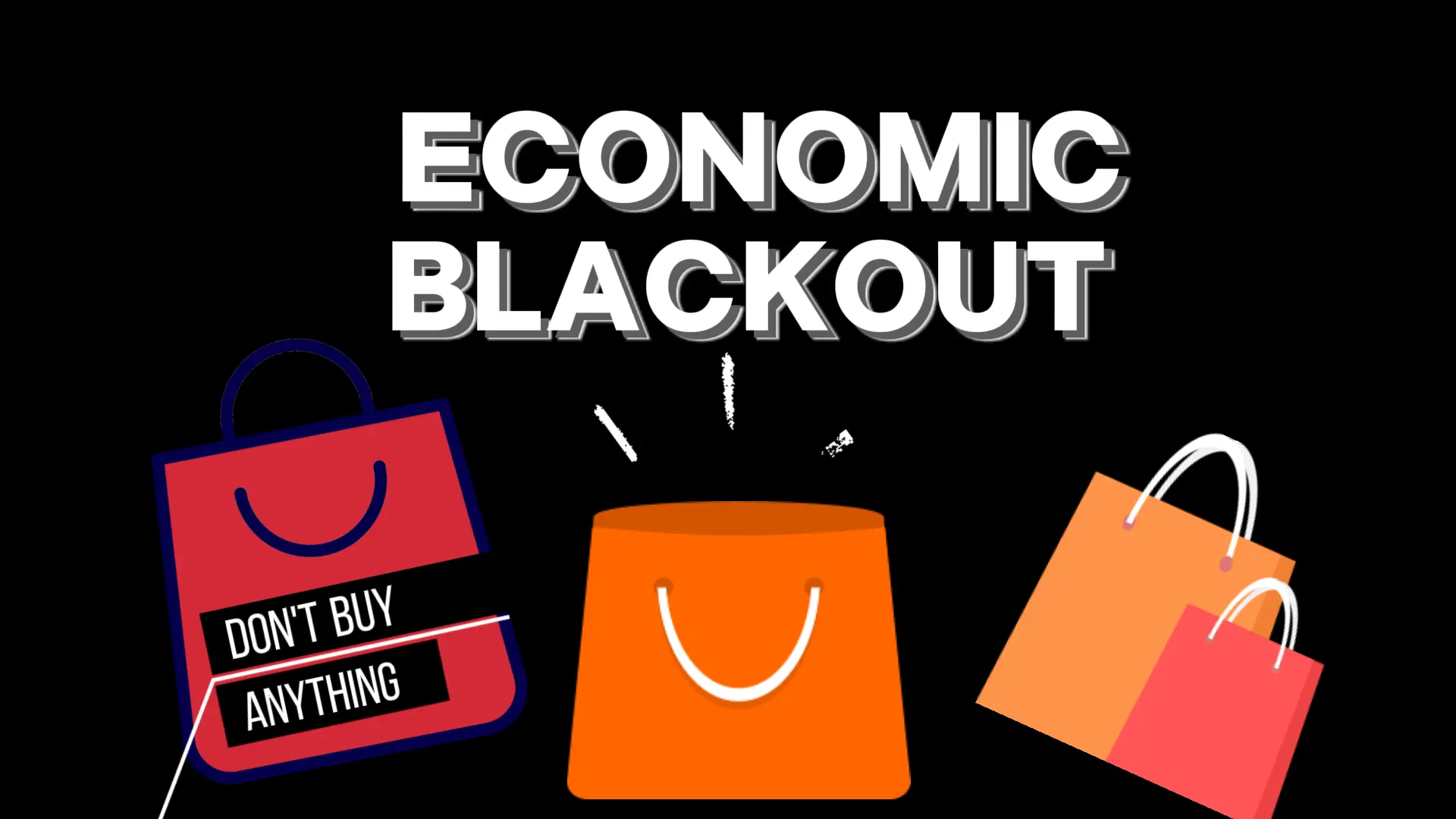

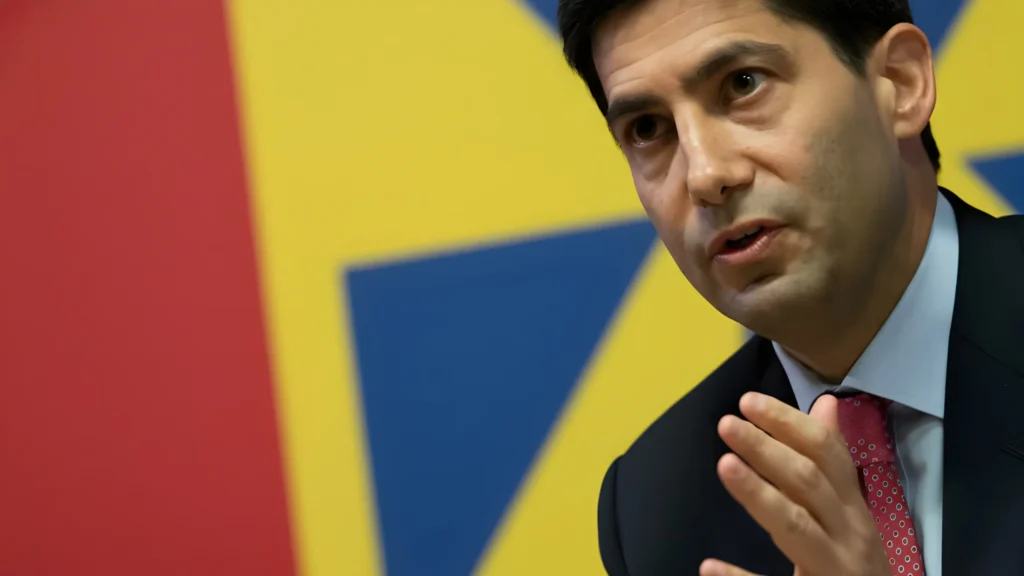
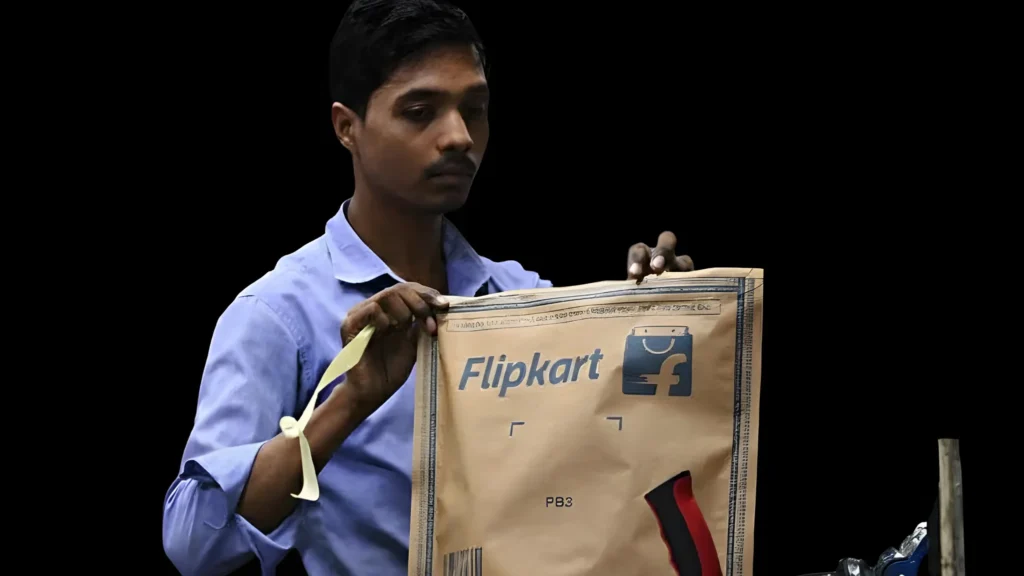
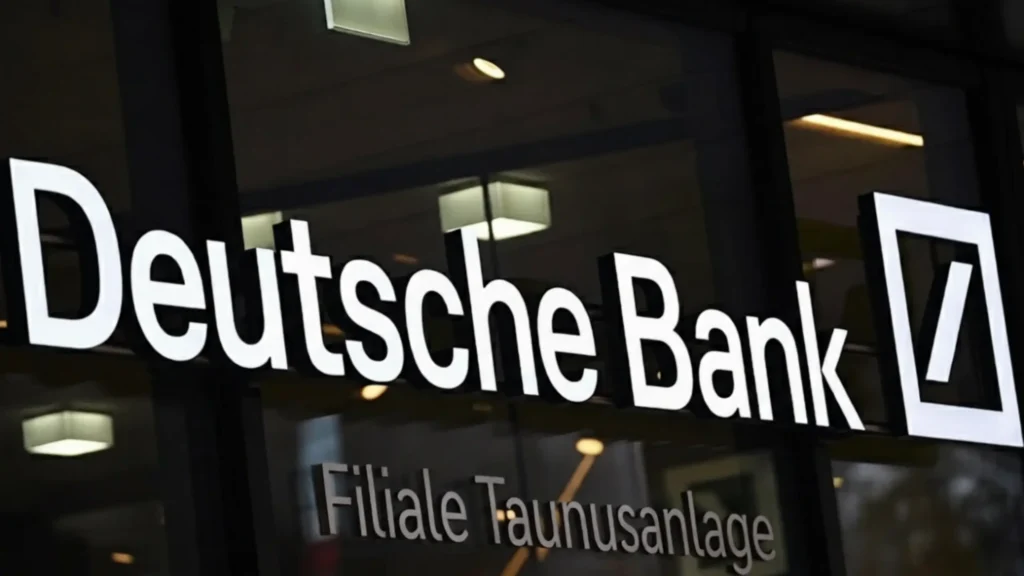
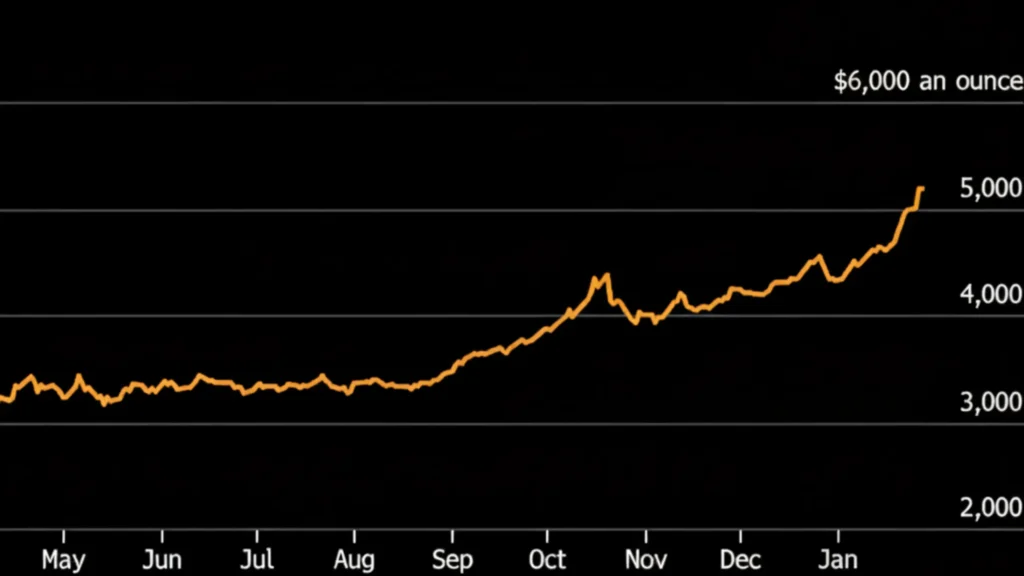
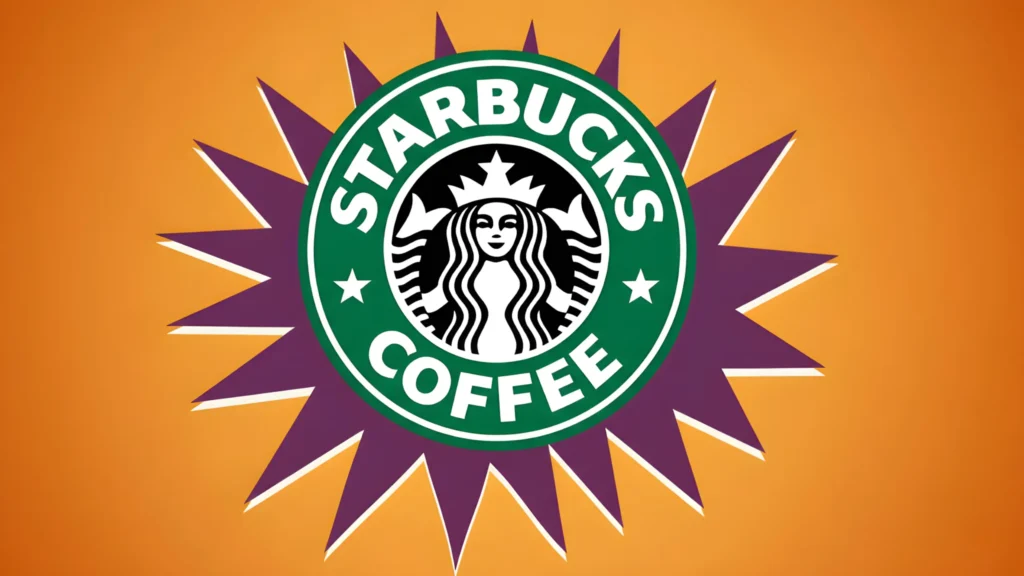
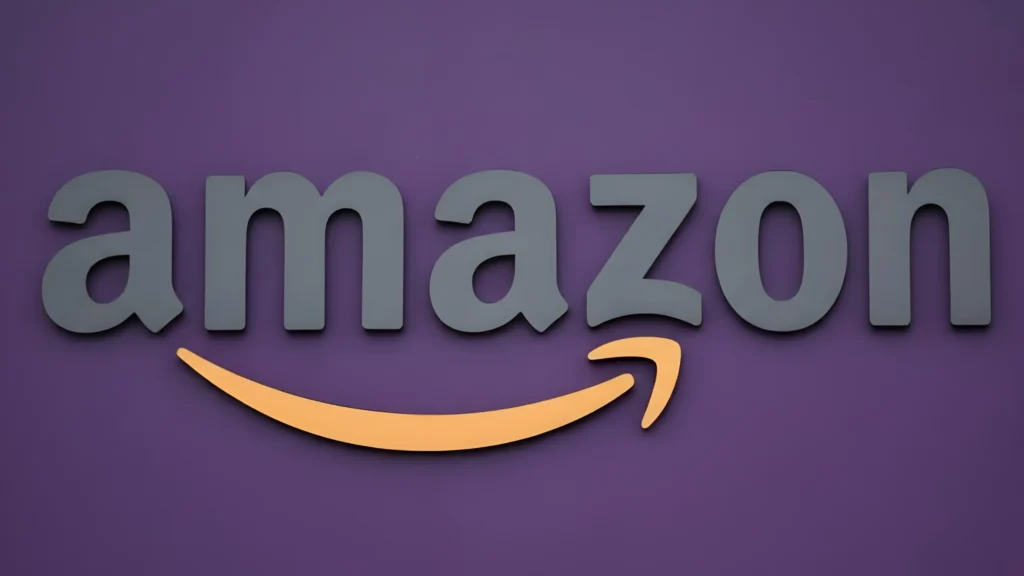
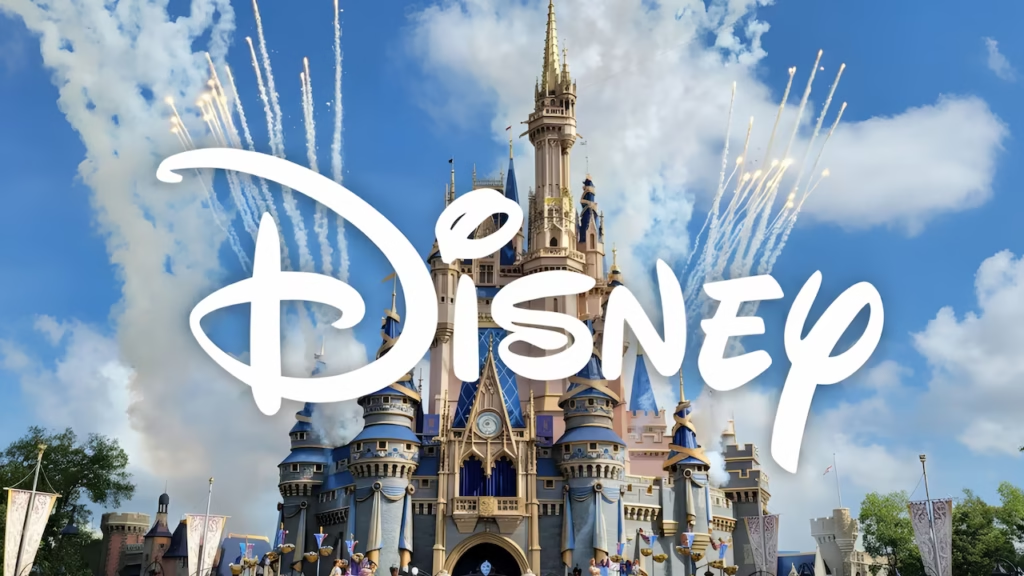

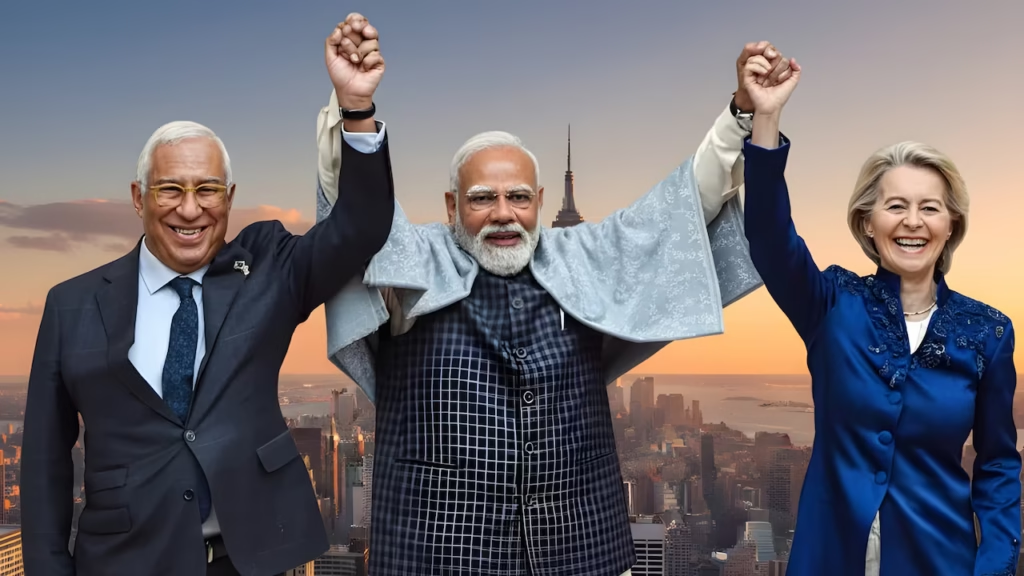
Leave a Reply